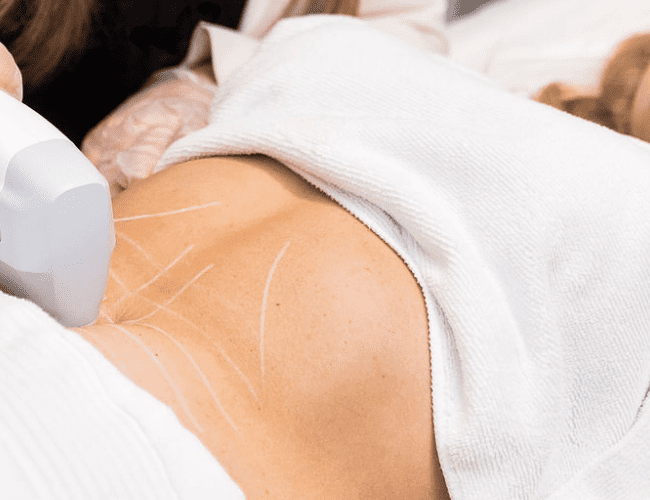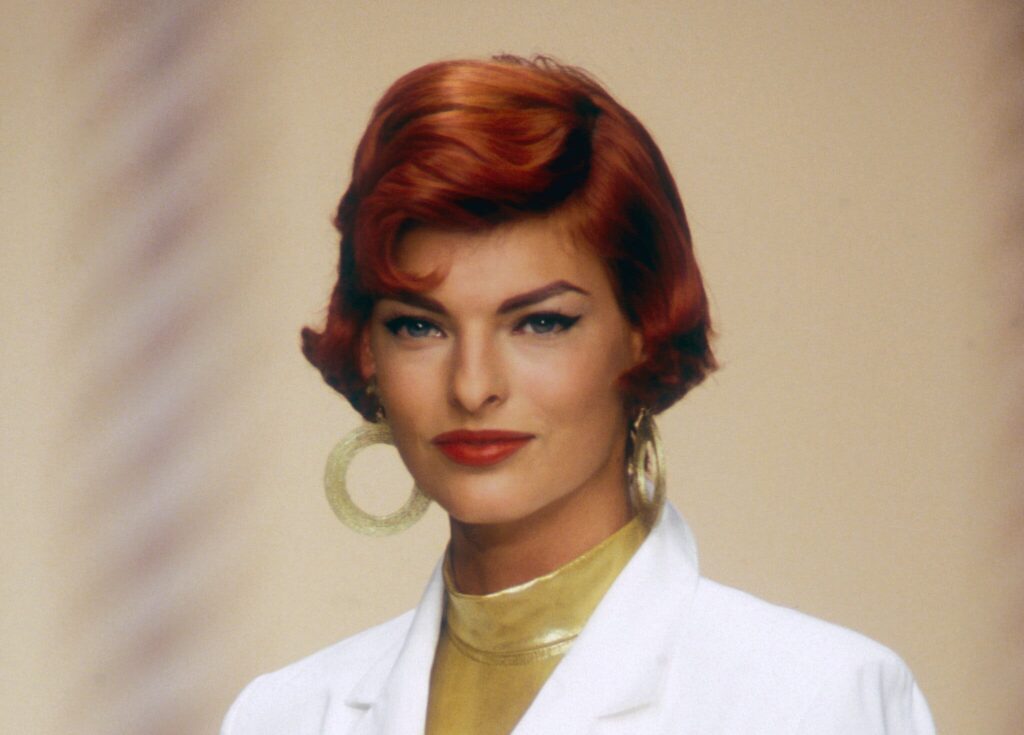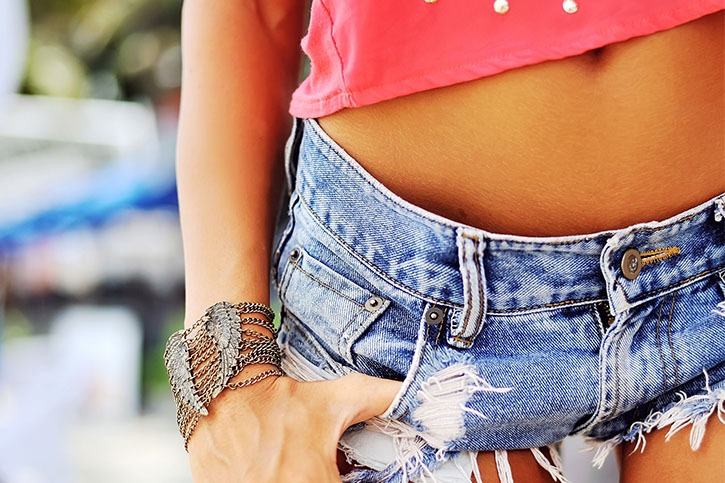Losing weight and managing weight loss is a bit of a balancing act. There are numerous diets out there that can be confusing and conflicting
Are you wondering how to lose weight and make it a lifestyle? Then read on…
Losing weight and managing weight loss is a bit of a balancing act. There are numerous diets out there that can be confusing and conflicting. As your body is a unique vessel there is no one size fits all model when it comes to weight loss. Nutrition is key, but so is listening to your body, such as understanding hunger signals versus cravings. Listed below is not a diet, but rather some of my helpful tips about foods that are beneficial for weight loss to help you achieve your weight loss goals.
Why do I need to eat Protein?
Protein is important for satiety and is essential for muscle regeneration and growth. The RDI is 0.75g/kg for adult women and 0.84g/kg for adult men, with an increased requirement for athletes. Ensure to include a small portion at every meal, quality sources include, chicken, fish, grass-fed beef, eggs, yogurt, legumes, tofu, tempeh, nuts and seeds.
Should I include fibre into my diet?
Adults need 30 grams of fibre a day and many people are not getting enough. Dietary fibre, soluble and insoluble is important for satiety and keeping the bowels regular, both very important aspects of healthy weight loss. Increase your total fibre intake by including more wholegrains, such as rolled oats, brown rice, quinoa, legumes (chickpeas, lentils, black beans) nuts, seeds as well as fruit and vegetables with the skins on!
How can I boost my metabolism to help me lose weight?
Thermogenesis can help to stimulate the metabolism and support the body’s fat burning abilities. Things to include to induce thermogenesis include; chilli, pepper, ginger, cinnamon, green tea and food rich in protein.
Does eating fat make me fat?
Fat is higher in caloric value per gram, but this means that it is most satiating. Good quality sources of fat are nutrient dense and when you incorporate healthy fats into a balanced diet you are less likely to eat poor quality high energy yielding snacks. Some great food sources include avocado, coconut, nuts (almond, cashew, brazil, walnut), seeds (pepitas, sunflower, chia, hemp) grass-fed butter, full fat dairy, extra virgin olive oil and deep-sea oily fish.
How much water should I drink?
Now on to your H20 consumption…Hydration is important for the transportation of nutrients to the cells, to support elimination pathways and prevent dehydration from sweating. As a general rule, adults should be consuming 2-3 litres a day. To enhance flavour, try adding lemon, lime, cucumber or mint.
What about alcohol consumption?
Limit Alcohol. Alcohol is empty calories, which means that it can have sometimes alarming amounts of calories but have no nutritional value. This can hinder weight loss attempts and therefore alcohol is best avoided or reduced to achieve optimal weight-loss goals.
Should I care about sleep quality?
Restorative rest! Getting a good night’s sleep is really beneficial to encourage weight loss. Lack of sleep can increase the hormone ghrelin. Ghrelin stimulates appetite and encourages the consumption of more calories. Incorporate sleep hygiene practices into your routine and aim for 7 to 9 hours of shut eye.
What type of exercise should I be doing?
Last but not least…Exercise. An active lifestyle is extremely important for weight loss and maintenance. Aim for 30 to 60 minutes a day and choose from a variety of movement such as walking, swimming, cycling, yoga, pilates, HIIT training, boxing, running, circuit training and weight training. Consider investing in a fitness device to monitor your efforts.
Now, all you need to do is put it into action – starting now. Nothing changes until you decide to make the shift!
For more information on fat loss or overall wellness please contact one of our qualified Body Catalyst therapists to book your consultation.
















